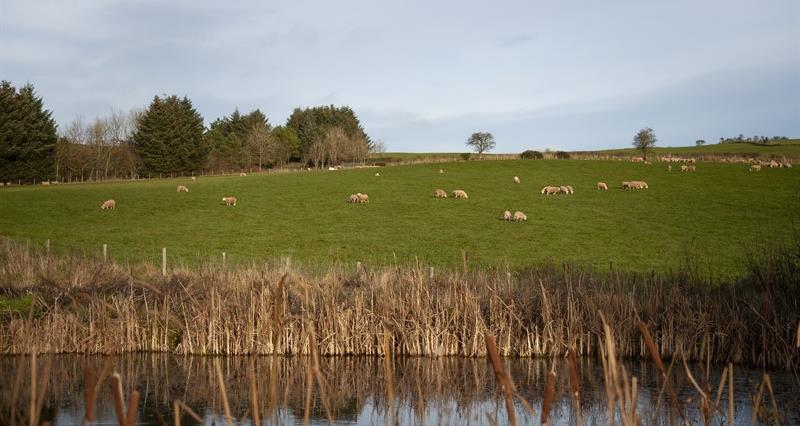Richard Meredith, Head of Knowledge Exchange (Arable) at AHDB discusses the new net zero projects.
The projects aim to address challenges affecting the sector, as identified by farmers, and will be carried out by some of the country’s leading agriculture and bioscience experts, at highly esteemed institutions.
10 projects
The 10 projects cover five distinct topics: technology, regenerative agriculture, soil health, improving livestock farming systems and, looking to the future, development of new resistance mechanisms.
Three projects aim to develop innovative new technology:
- Dr Joe Roberts at Harper Adams University will develop a new smart monitoring tool for improved night-time monitoring of vine weevils.
- Dr Martin Blackwell at Rothamsted Research will develop a new field test kit to measure soil phosphate
- Dr Matthew Tinsley at Stirling University will develop best-practice for tank-mixing biopesticides.
Regenerative agriculture offers many opportunities to increase sustainability and two projects aim to provide farmers with improved guidance:
- Dr Julia Cooper at Newcastle University will work with farmers to better understand the opportunities and challenges for regenerative agriculture in Northeast England.
- Dr Michael Garratt at University of Reading will work with farmers to provide improved guidance on reducing and optimising inputs for oilseed rape crops, particularly the soil health benefits from the addition of organic materials.
Two projects aim to provide guidance on the benefits of improved soil health:
- Dr Jackie Stroud at SRUC will investigate how earthworms may reduce disease risk through effective residue management.
- Dr Matthew Back at Harper Adams University will explore how new soil amendments could help to store carbon in soil.
Two project will focus on livestock farming:
- Dr Georgios Banos at SRUC will aim to improve genetics to breed climate resilient sheep.
- Dr Phil Staddon at Royal Agricultural University will look at best grazing options.
One project aims to better understand plants:
- Dr Beatriz Orosa, University of Edinburgh will look at how plants and pathogens battle at the molecular level with ‘Ubiquitin induced resistance in barley’.
Shape the AHDB's work
In spring 2022, AHDB will be asking all eligible levy payers to shape their work and priorities. Your views will help guide what is delivered over the next five years.
Have your say on the support AHDB offers your business and the industry. Registration closes in March 2022.
